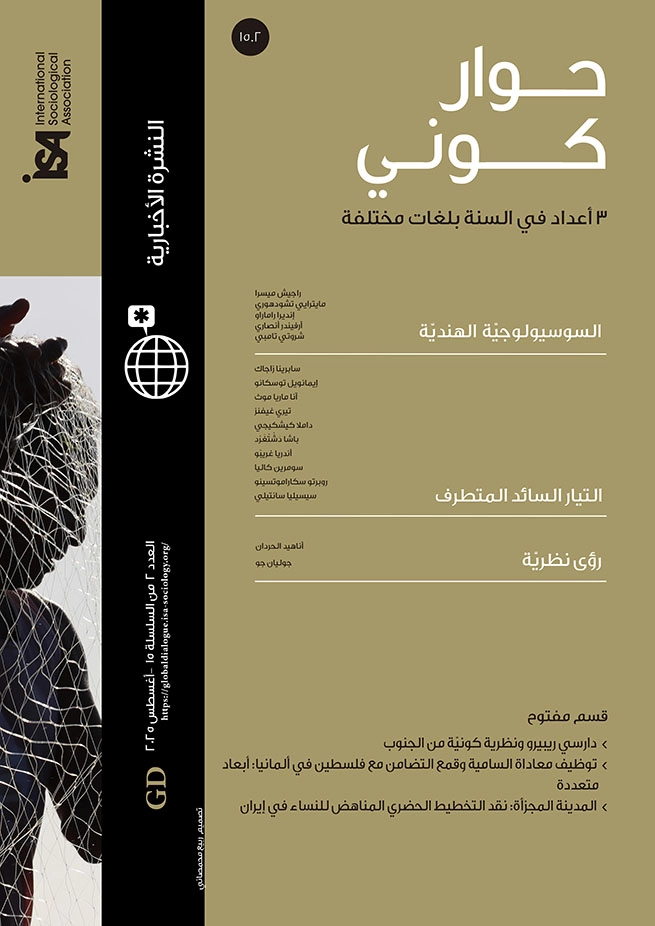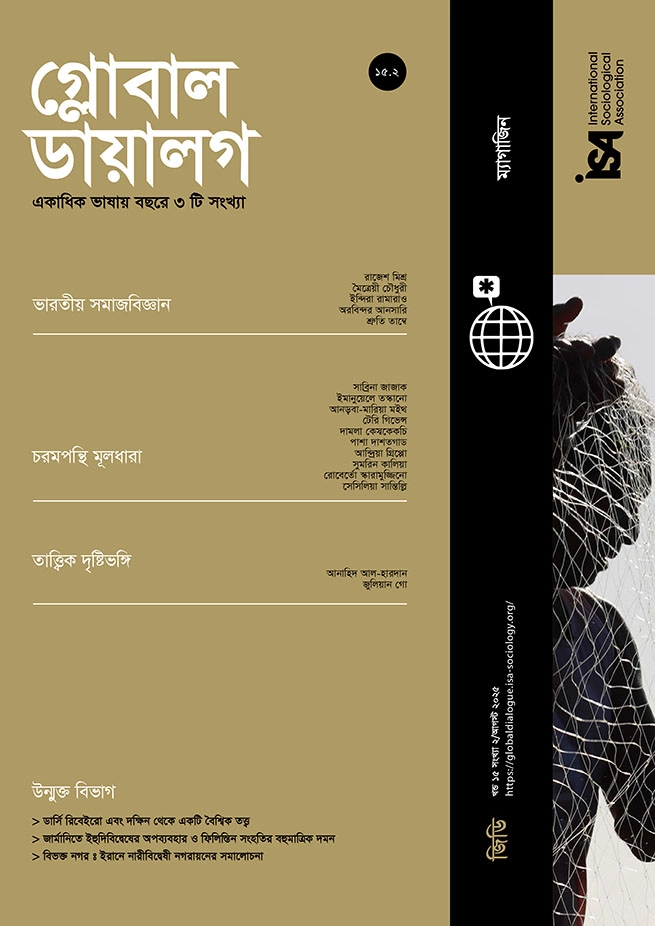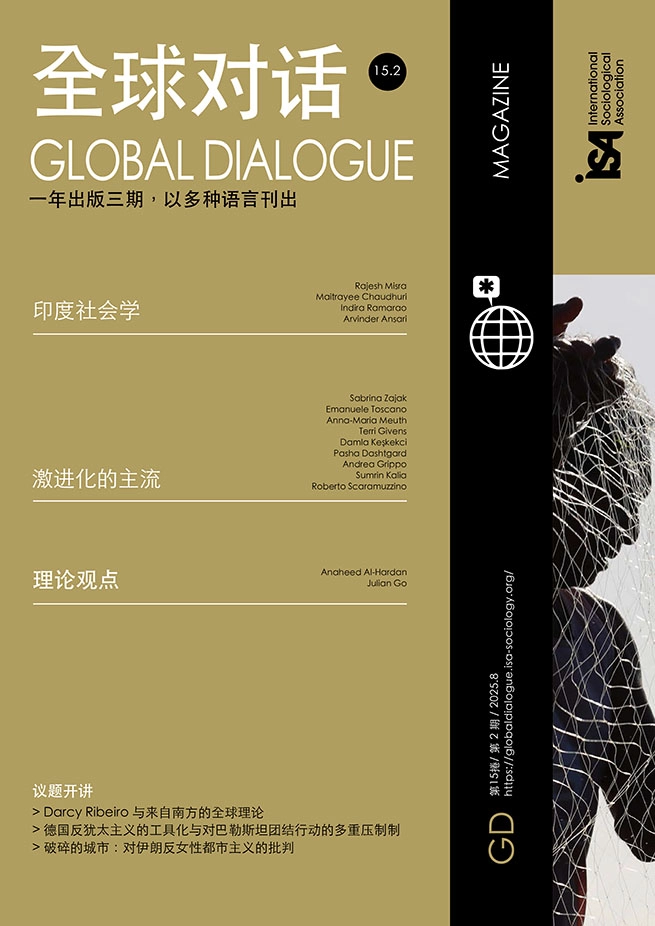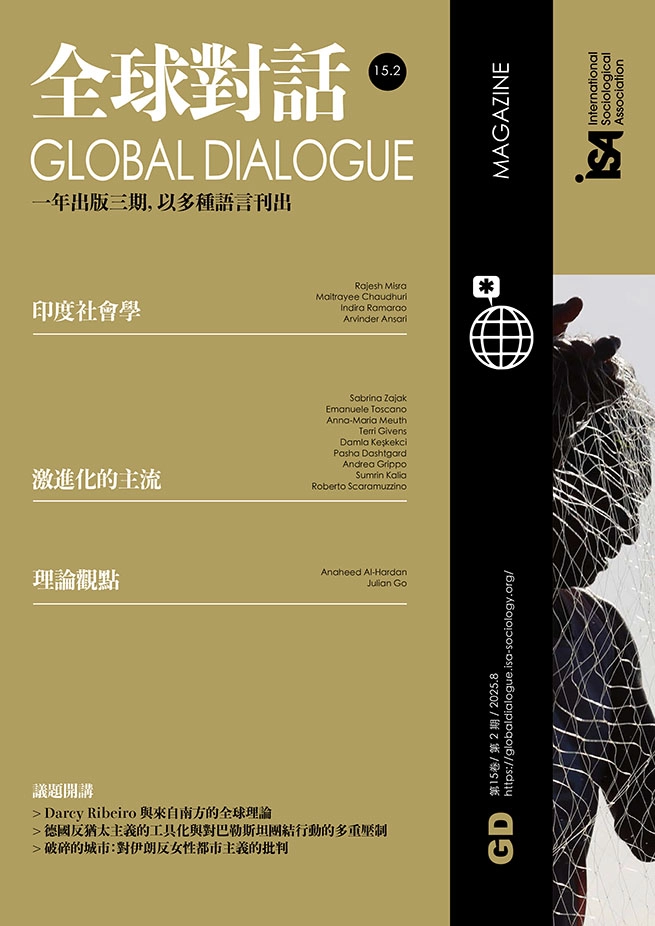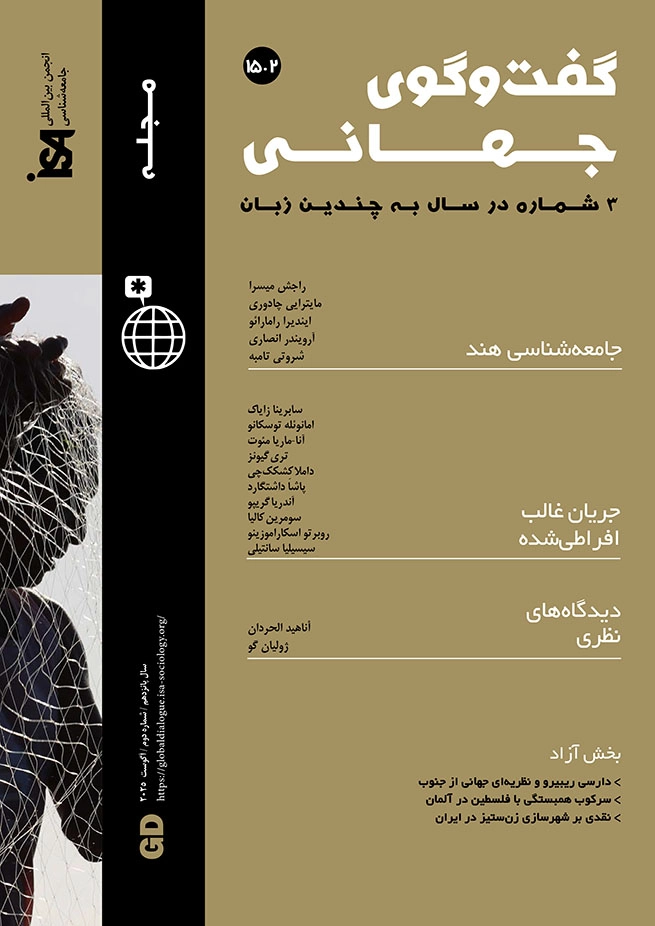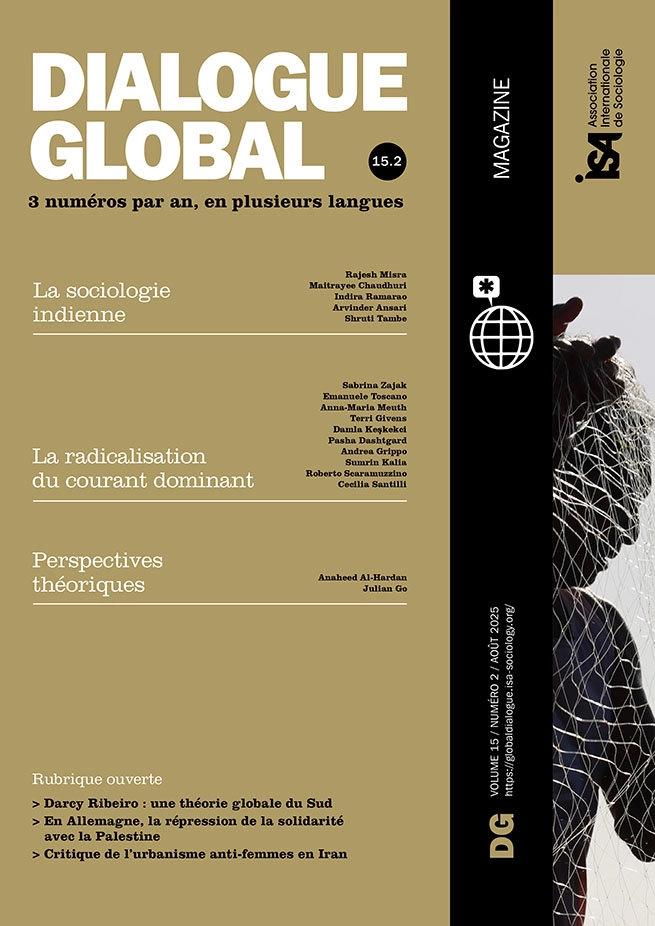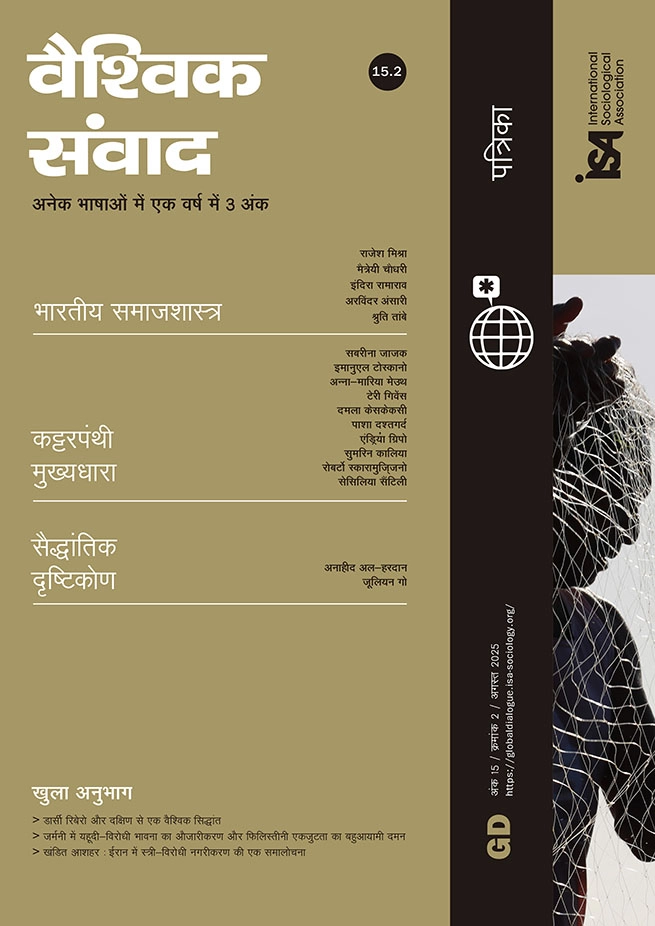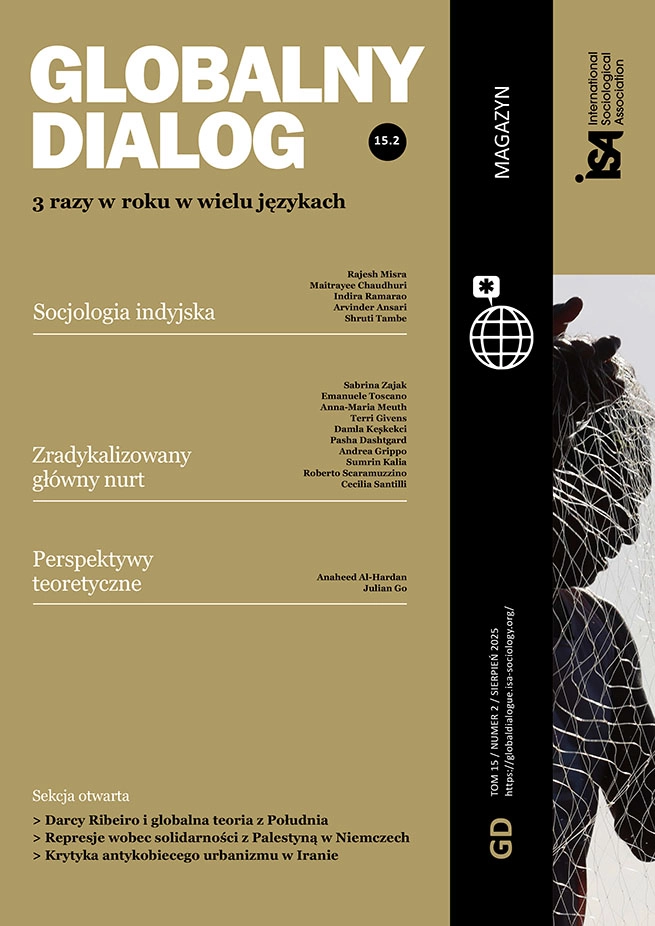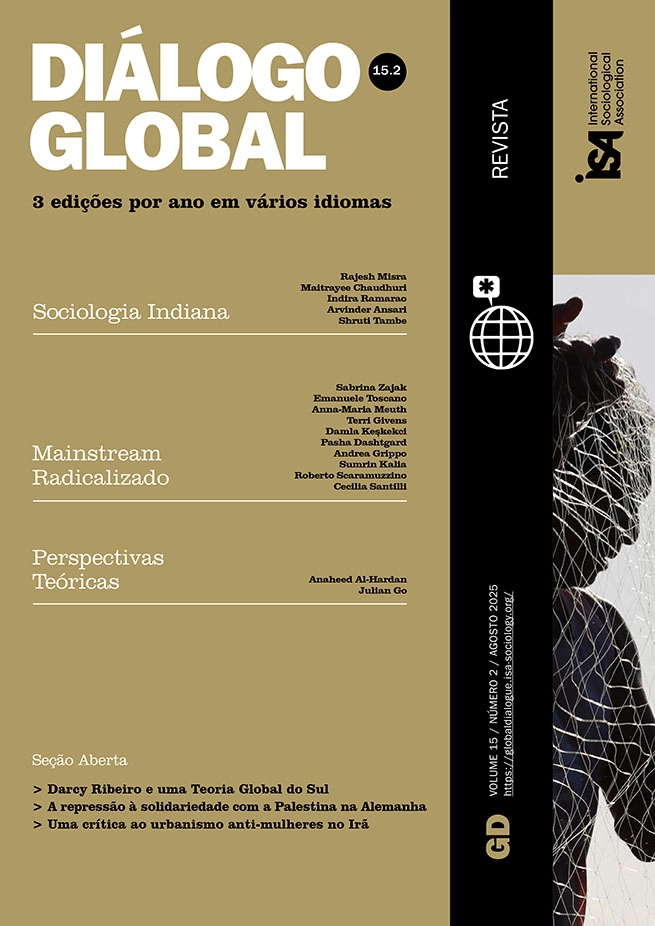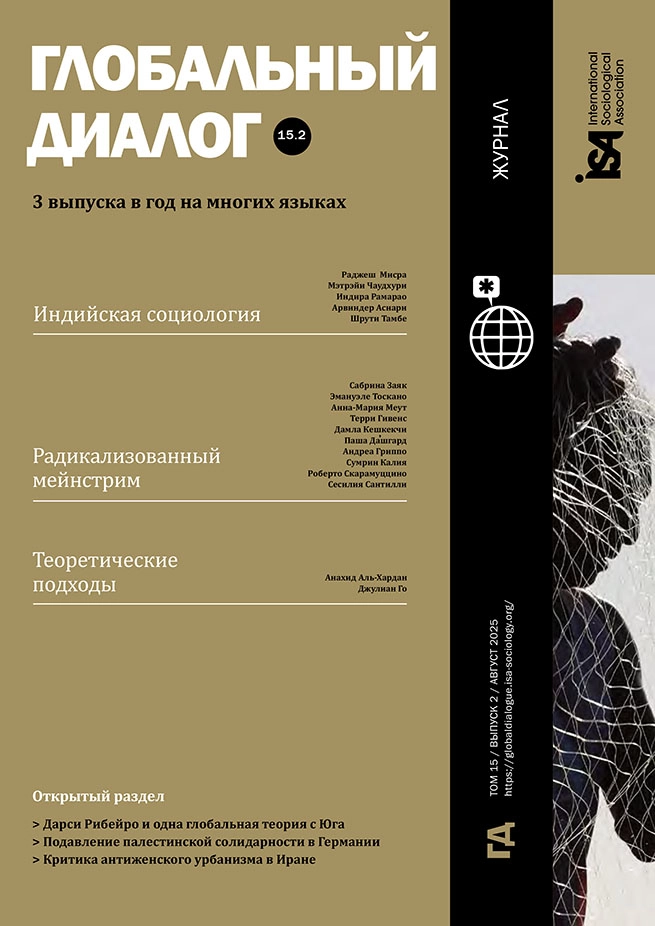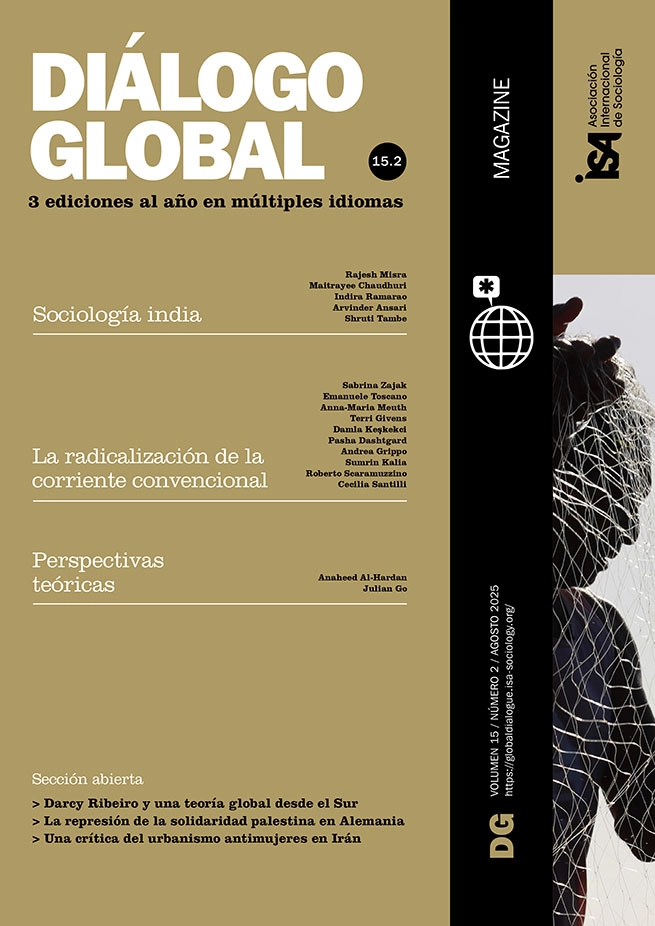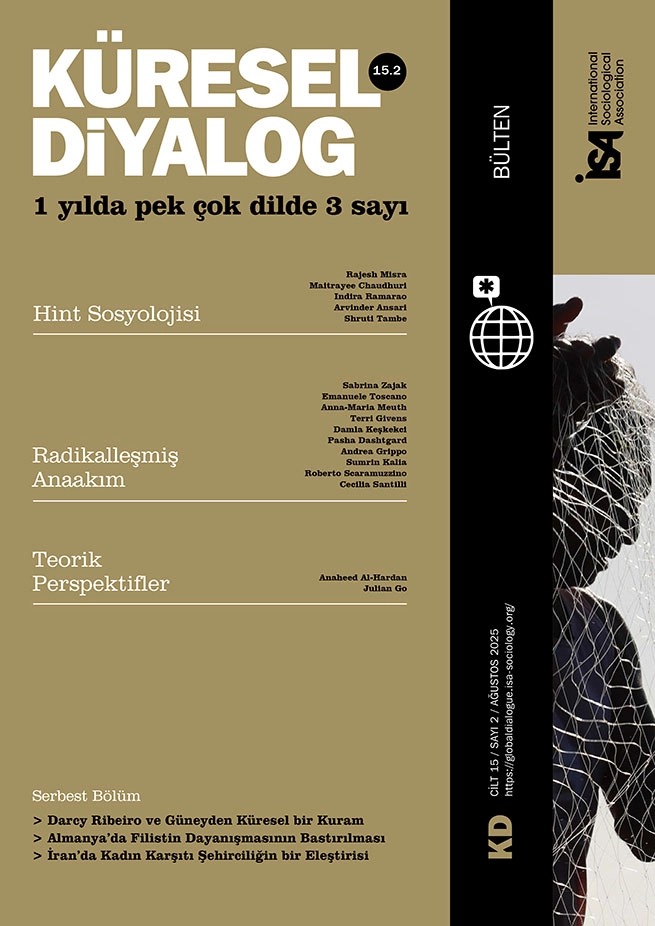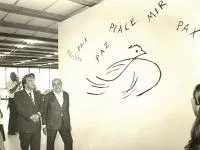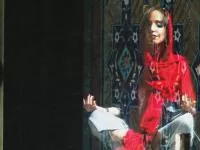Instrumentalization of Antisemitism and Multifaceted Repression of Palestine Solidarity in Germany
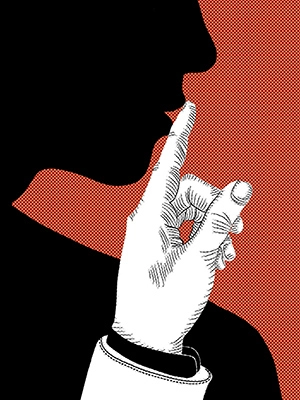
July 16, 2025
The authors wish to remain anonymous for fear of repercussions they may face at their respective institutions of employment, from the German media, and from politicians and the German state machinery in general.
The United Nations Special Rapporteur on the Occupied Palestinian Authorities, Francesca P. Albanese, was invited by professors and students of the Free University of Berlin to speak on “Conditions of Life Calculated to Destroy: Legal and Forensic Perspectives on the Ongoing Gaza Genocide” on February 19, 2025. Stating security concerns, the university rector canceled the in-person talk at short notice. Given these circumstances, the talk was held in a different location and live-streamed at the university. Political actors in Germany had labeled Albanese antisemitic for her position on Israel committing genocide in Gaza. Pressure to cancel the event came from the Berlin mayor, Berlin’s Senator for Science, and the Israeli Ambassador who called the potential event a “training camp for Hamas supporters”. German media reporting of the scheduled event included calling Albanese a “fanatical Israel hater who is criticized worldwide.” A week before, the Ludwig Maximilian University of Munich also canceled a talk by Albanese on similar grounds. After these cancelations, Albanese stated: “I’ve never seen universities caving so massively under pressure but also I’ve never seen that much pressure.” The cancelation of Albanese’s talk is one of many examples of silencing in Germany.
The silencing of dissent
As part of the global social movement against the genocide in Gaza and in solidarity with Palestine, Germany has seen a high degree of mobilization of protests and related activities since October 7, 2023. The movement has faced an unprecedented level of silencing by German authorities. Following literature in political sociology and social movement studies, silencing refers to the systematic suppression, marginalization, or delegitimization of voices, perspectives, or other forms of expression – often through institutional, political, or discursive mechanisms – that challenge dominant narratives or power structures. There have been over 200 (publicly reported) cancelations so far. These include talks, academic appointments, prizes, cultural events, film screenings, and art performances. It also includes violent repression of street protests by the police and even forbidding the use of Arabic at demonstrations in Berlin.
In this article we discuss the use of antisemitism as a tool for silencing criticism of the genocide in Gaza and expressions of solidarity with Palestine in German academia and beyond. We focus on a specific mechanism: the instrumentalization of a particular and strategically constructed idea of antisemitism in Germany as a vague and flexible tool to legitimize silencing. Donatella della Porta characterized the contentious politics of antisemitism in Germany as moral panic, and Peter Ullrich speaks of authoritarian anti-antisemitism. These different concepts imply that porous boundaries around accusations and framings of actions and speech as antisemitic have been an ideological, political, and strategic instrument employed to silence – carried out in a variety of ways across different spaces and settings. We do not suggest antisemitism does not exist in Germany; it certainly does and is reflected in the long-standing anti-fascist and anti-racist struggles in the country. Our point is that critical discourse is suppressed if the label of antisemitism is used to de-legitimize all criticism of the Israeli government or solidarity with Palestine. Undiscerning accusations of antisemitism prevents discussion of war crimes, genocide, human rights violations, and harmful Israeli policies and politics enacted against Palestine and Palestinians, preventing an honest and open debate that is critically needed in Germany.
Why the silencing?
Many observers outside Germany are puzzled by the lack of resistance to and awareness of the misuse of antisemitism as a tool of silencing in the country. Indeed, accusations of antisemitism are also used as a tool of repression in other countries, most prominently the US; however, there are distinct aspects to the German context.
First, part of the explanation for a unique German phenomenon is the relationship of the Holocaust to German identity and institutions, which have been constructed to reflect significant responsibility to the Israeli government and link the security of the state of Israel to the Staatsräson of Germany. As part of its historical responsibility for the Holocaust, combating and preventing antisemitism has been proclaimed a priority of the German government. It is deeply ingrained in legal frameworks, political discourse, and the education system.
Second, these very institutions shape social rules, norms, and values in German society, leading towards a particular self-identity. Parts of the German left even adopted a so-called “anti-German” awareness, which views Germany’s national identity as inherently tied to its fascist and antisemitic past, and positions itself as pro-Israel – framing criticism of Israeli policy as inherently antisemitic. Such a collective memory culture based on historical guilt over the Holocaust is manifested through largely unquestioning and uncritical support to the Israeli government by German institutions, public media and large parts of society, across political divides. This creates a reluctance to engage with nuanced perspectives on Israel.
Third, the far-right key promoters of antisemitism in Germany also strongly support silencing actions of solidarity with Palestine: doing so provides strategic cover for their racist anti-migrant, anti-Arab and Islamophobic ideas and politics. It helps them further legitimize racism against Muslims and minorities in general.
Finally, many others in the mainstream, who do not strongly lean towards these political identities or groupings, remain silent out of fear of “saying the wrong thing.” It also needs to be pointed out that the close and unwavering relationship between the German state and the Israeli state, from a political-economy perspective, is also shaped by strong and lucrative long-standing business investments and trade. Germany is Israel’s largest trading partner in Europe. Germany has also been the second largest arms supplier to Israel for decades, increasing significantly from 2022 to 2023, benefitting German industries greatly. The two countries have a long history of military cooperation.
Large parts of the media have not engaged in open debates and critical inquiry. There has been unbalanced and biased coverage of Israeli perspectives while minimizing or omitting reports by Palestinians and on Palestinian suffering and deaths. Expressions of support for Palestine and the Palestinian people are labeled as antisemitic or being made by “Hamas supporters” or “Israel-haters.”
The construction of antisemitism as a flexible and vague tool of repression in Germany
The definitional roots of the instrumentalization of antisemitism is legitimized by the International Holocaust Remembrance Alliance (IHRA) Working Definition of Antisemitism, widely adopted by institutions in Germany. Indeed, the IHRA definition is criticized as too vague in its understanding of antisemitism, thereby rendering any criticism of Israel as potentially antisemitic. The definition lacks clarity on “the difference between antisemitic speech and legitimate criticism of Israel and Zionism,” according to the authors of the Jerusalem Declaration on Antisemitism. This vague and unclear IHRA delineation of what actually counts as antisemitic allows for its widespread and (politically and ideologically) strategic misuse in Germany.
Two recent government resolutions passed in the German Parliament (unanimously by all major political parties: on November 7, 2024 “Never Again is Now – Protecting, Preserving, and Strengthening Jewish Life in Germany” and January 30, 2025 “Countering anti-Semitism and hostility towards Israel (Israelfeindlichkeit) at schools and universities and securing the free space for discourse”) are directed at public institutions, including academic and cultural organizations, in order to identify antisemitic speech and acts based on the IHRA definition, and allow for sanctioning mechanisms. The second resolution in particular provides detailed specifications for sanctions such as banning persons and activities calling for boycotts including “activities of the ‘Boycott, Divestment and Sanctions’ (BDS) movement and similar movements.” The IHRA definition is being used as an instrument to silence dissent. Much of this is targeted at universities.
International human rights organizations such as Amnesty International, academics, lawyers, and scholars of antisemitism have severely criticized both resolutions for their restrictions on academic freedom. Instead of aiming “to protect Jewish life” as the resolutions claim, they amount to authoritarian-style instruments to prevent intellectual exchange and knowledge building. Critically, they open the door for future political interventions in the education sector, such as normalizing the profiling of academics both within and outside Germany for accusations of antisemitism. This can further the chilling effect of self-silencing and restricting international exchanges across universities in Germany. Recently, one of the authors of the IHRA, Ken Stern, stated that “it was not drafted, and was never intended, as a tool to target or chill speech on a college campus”.
Silencing in academia
There is a long list of publicly available information about cancelations of speakers, conferences and workshops, academic appointments and positions, and research grants tied to support for Palestine, which is documented by the Archive of Silence. For example, a visiting professorship by Professor Nancy Fraser was revoked by the University of Cologne. Dr. Ghassan Abu Sittah, a British-Palestinian surgeon and rector of the University of Glasgow, was barred from entering Germany. However, we know less about silencing that occurs behind the scenes and informally, which is not publicized: it is difficult to gather systematic data on activities which are kept silent. We believe silencing takes place in universities all across Germany. Academics regularly discuss experiences and information of incidences in different German universities with each other. We would like to share some examples from people who wish to remain anonymous:
- A researcher who signed a public letter calling for humanitarian assistance in Gaza was informed by the Dean about a call by an anonymous parent (of a Jewish student) labeling them “anti-Jewish” and a safety concern to Jewish students. To avoid jeopardizing their job contract, the researcher retracted their signature.
- A guest professor was discouraged from inviting pro-Palestinian speakers due to fears of repression from university leadership and media backlash.
- Screening of a Palestinian documentary was canceled for security reasons.
- A lecture series on (de)colonialism and Palestine was not approved due to fear of hate speech.
- University leadership intervened in the scheduling of an event discussing the BDS movement.
- A genocide scholar was prohibited from using the term “settler colonialism” in a course, due to potential student distress.
All of these cases were faced by individuals in precarious academic positions, such as PhD students, postdoctoral researchers, and non-tenured professors, and the majority were non-Germans. In general, the different incidences of silencing were fueled by fear of media exposure or the belief of causing emotional harm to students.
Some universities have become focal points of student protests. University leaderships have called on the police to violently remove student protestors, and several universities have filed legal challenges resulting in court cases and fines for students. Some universities, such as the University of Hamburg and the Free University of Berlin, have banned student protests. The German press, in particular the tabloid BILD, have pressured universities to remove professors who signed a letter supporting the right of students to protest, labeling it as antisemitic hate speech. In a rare case, the president of Alice Salomon College in Berlin, who did not call the police to remove student protestors, was accused by the media of violating a duty to care for university staff and students; conservative politicians called for her resignation. Most recently, in April 2025, the Berlin immigration authorities began deportation proceedings against four non-German students due to their protest activities on college campuses.
Silencing in street protests
Since October 7, 2023, protests against the genocide in Gaza have spread worldwide, including Germany. Protests include various activist groups, NGOs and grassroots organizations, the peace movement, international human rights and solidarity movements (including Jewish organizations), and anti-racist and pro-democratic groups in Germany. These street protests, by being labeled antisemitic, face repression involving significant physical suppression by police and legal restrictions by local governments, often with strong backing from tabloid and some mainstream media.
In Berlin, a city with the largest Palestinian diasporic population in Europe, over 100 protest events took place between October 2023 and October 2024. They have faced heavy riot policing, physical violence, arrests and bans. The police have frequently used escalatory tactics, leading to hundreds of arrests (including children) under various charges including incitement, signs of terrorism, and accusations of supporting Hamas. In some cases, accusations led to deportation proceedings against non-citizens.
Different tactics have been used to silence protests. In February 2025, local authorities in Berlin banned the use of Arabic in slogans (vocally and on signs). Drums were also banned so that the police could hear any chants in Arabic. Some press, for example the tabloids BILD and BZ, not only supported the language ban but also called for harsher crackdowns. Arabic is criminalized and portrayed as a language of “propaganda offenses,” further feeding into anti-Muslim and anti-Arab sentiments.
The heavy repression is based on widespread accusations of antisemitism based on chants, symbols, and slogans. Using generalized accusations of antisemitism to legitimize violence and repression against protestors also overshadows local contexts. In Berlin, for example, many protests occur in the Neukölln and Kreuzberg districts, which have large Arab and migrant populations and which are long-standing centers of activism and political mobilization. These areas have been labeled “problem districts” due to their high immigrant populations, and clashes between police and protesters have historically been common. The repression of protests in these areas has been connected to racialized policing in the past. This pattern of repression not only curtails freedom of assembly but also reinforces racialized policing and broader state control over dissenting voices.
The instrumentalization of antisemitism
The stakes are high: the instrumentalization of antisemitism to suppress legitimate criticism of Israeli policies, military actions, and genocide fosters an increasingly authoritarian societal and political climate in Germany. The implications of this are vast and manifold. It allows for political–ideological influence over research and education, posing a direct threat to academic freedom. It enables the implementation of a double standard to the right to assemble and protest by criminalizing migrant communities – particularly those that are Arabic-speaking – thereby exacerbating anti-Muslim and anti-Arab racism in German society. This contributes to the normalization of the far right, which exploits this dynamic to divert attention away from its own far-right antisemitism. In this way, the politicization of antisemitism as a silencing tool can also deter people from combating genuine antisemitism in Germany.
The discursive space for substantive discussions on racism, xenophobia, and antisemitism in Germany is today significantly constricted, creating a precedent for further restrictions on civil society. The multifaceted and strategic deployment of antisemitism as a political and ideological tool of silencing in Germany places it on a perilous trajectory that risks reinforcing the country’s international isolation, reminiscent of the German Sonderweg (German exceptionalism). In this global context, the developments in Germany serve as both a cautionary tale and a call to action, emphasizing the need to protect freedoms of speech, protest, and inquiry, thereby preserving the principles of worldwide justice against war and genocide everywhere.

